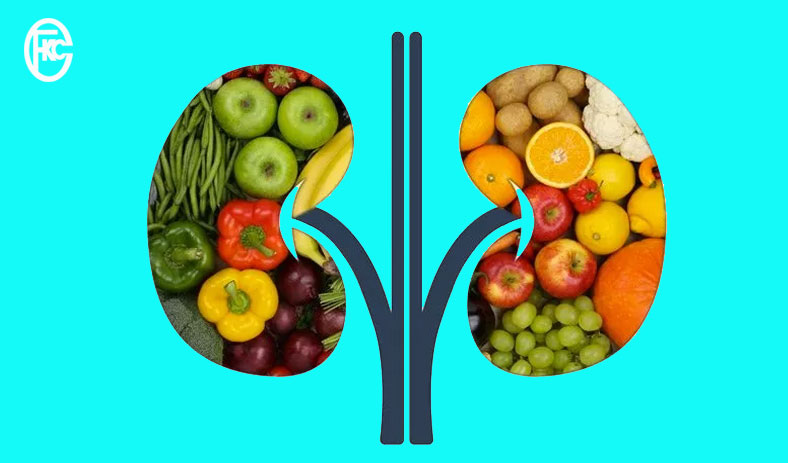
Overview:
Maintaining a healthy diet is crucial for individuals with chronic kidney disease (CKD) as it can help manage symptoms, slow down the progression of the disease, and improve overall kidney health.
Here are many tips and guidelines for a kidney-friendly diet:
1. Limit sodium intake:
High sodium levels can worsen fluid retention and blood pressure. Opt for fresh and homemade meals by avoiding processed foods, canned soups, and fast food, as they are often high in sodium.
2. Control protein intake:
Protein is essential for the body, but excessive consumption can strain the kidneys. Work with a dietitian to determine the appropriate amount of protein for your individual needs and switch to high-quality sources like lean meats, fish, eggs, and legumes.
3. Manage phosphorus intake:
Damaged kidneys may struggle to remove excess phosphorus from the bloodstream, leading to bone problems. Limit phosphorus-rich foods such as dairy products, nuts, chocolates, and carbonated drinks.
4. Monitor potassium levels:
High potassium levels can disrupt the heart's rhythm, affecting individuals with CKD. Foods like bananas, oranges, spinach, and potatoes are high in potassium, so it's important to monitor and limit their intake.
5. Reduce phosphorus additives:
Many processed foods contain phosphorus additives, so it's important to read food labels and avoid foods with additives like phosphoric acid, sodium phosphate, and calcium phosphate.
6. Drink adequate fluids:
Staying hydrated is crucial for kidney health. However, individuals with CKD may need to limit their fluid intake to avoid fluid overload. Consult with a healthcare professional or dietitian to determine the appropriate amount of fluids for your condition.
7. Choose healthy fats:
Opt for healthier fats like olive oil, avocados, and nuts, which promote heart health and provide essential nutrients without overloading the kidneys.
8. Increase fiber intake:
Take incorporate fiber-rich foods like fruits, vegetables, and whole grains. Fiber can help manage blood sugar levels, improve digestion, and maintain a healthy weight.
9. Limit alcohol consumption:
Excessive alcohol intake can worsen kidney function and may interact with medications. Avoid alcohol or limit consumption is best.
10. Work with a dietitian:
The most effective way to tailor a kidney-friendly diet is to work with a registered dietitian who specializes in kidney disease. They can assess your specific nutritional needs, help create a personalized meal plan, and provide ongoing guidance and support.
Conclusion:
Before making any significant changes to your diet, then consult with a healthcare professional or registered dietitian. They can provide guidance specific to your condition and help ensure that you are meeting your nutritional needs while managing your kidney health.